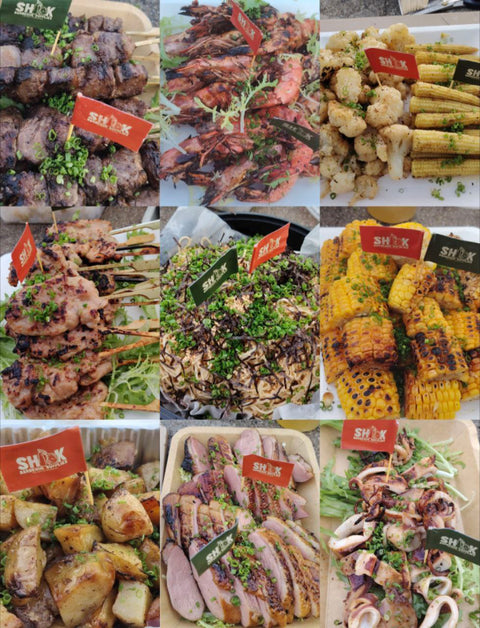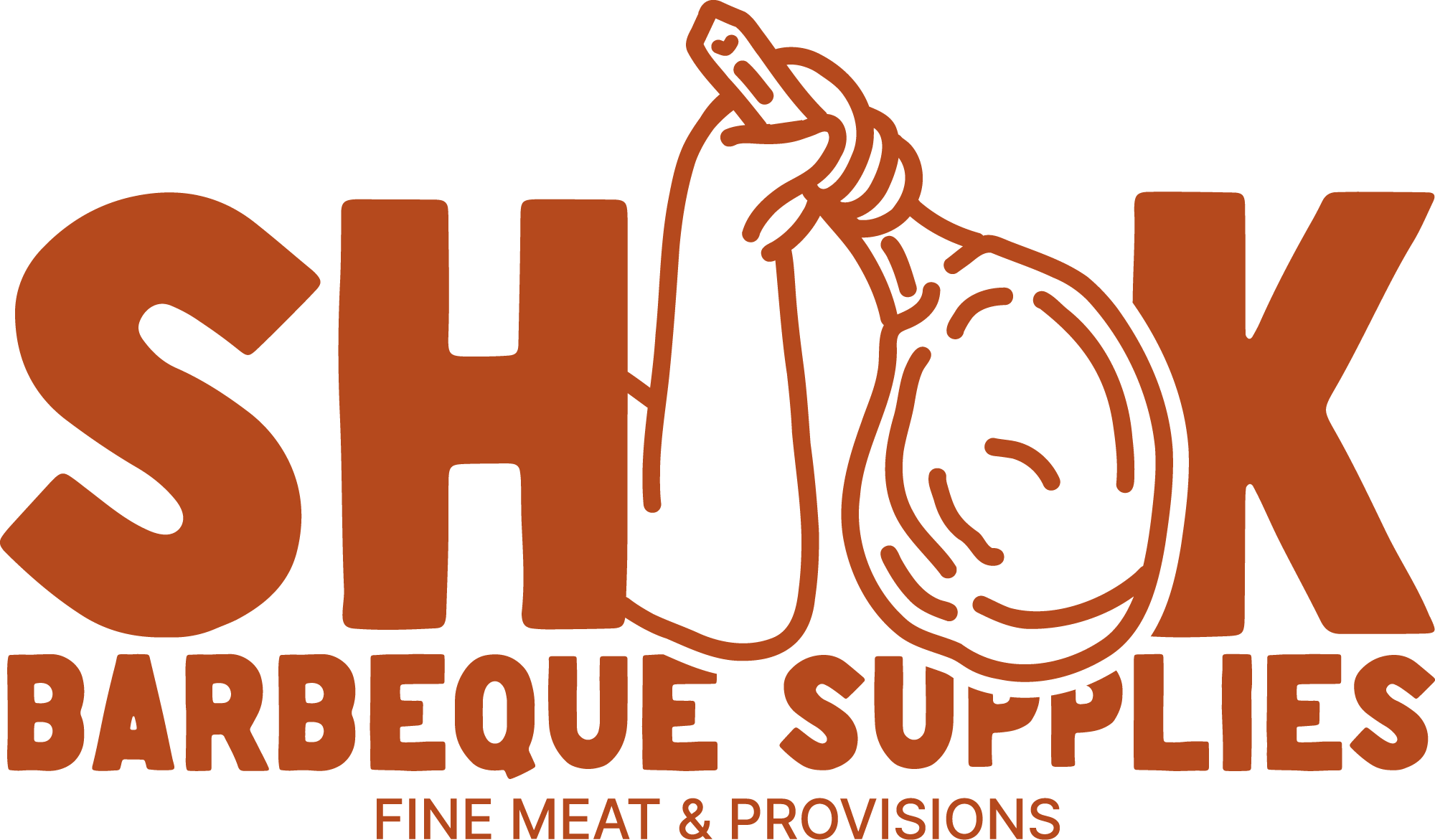When planning a BBQ event, food safety should be a top priority. Singapore’s warm weather combined with outdoor cooking can create the perfect environment for bacteria to grow. Ensuring that you follow proper hygiene and food safety practices is key to preventing food poisoning and making sure everyone enjoys their BBQ experience without any risk.
Preparing for Your BBQ
-
Clean the Grill

Make sure your grill is thoroughly cleaned before use. Even if you've used it recently, it's always good practice to clean and dry it beforehand. Follow the manufacturer's instructions for maintenance. -
Check the Charcoal

For charcoal grills, make sure your coals are hot enough before cooking. The coals should be glowing red with a grey, powdery surface to ensure they’re at the right temperature for cooking. -
Defrost Meat Properly

If you're working with frozen meats, plan ahead. Defrost them in the fridge overnight or use a microwave on the defrost setting just before cooking. In a rush? Inform your BBQ catering vendor to assist with defrosting before your event. -
Wash Your Hands and Clean Utensils

Washing your hands regularly is crucial—especially after handling raw meat or touching firelighters and charcoal. Make sure you have clean utensils ready to avoid cross-contamination. -
Use Separate Trays for Raw & Cooked Food

Store raw and cooked food separately to avoid cross-contamination. Use aluminum trays and metal tongs for raw food and plastic trays and tongs for cooked food. Always ensure raw meat is kept in a styrofoam box or cooler during the BBQ.
Serving Food Safely at a BBQ
-
Cook Meat Properly

Ensure that all meats, particularly chicken and pork, are cooked through completely. Red meats like steaks can be served rare, but all minced meats (burgers, sausages, kebabs) should be cooked thoroughly with no pink in the middle. A meat thermometer is a handy tool to ensure everything is properly cooked. -
Use a Meat Thermometer

For large cuts of meat, such as beef roasts or chicken, use a meat thermometer to check doneness. It ensures that the internal temperature has reached a safe level, particularly when cooking at a BBQ, where temperature control can be tricky. -
Pre-Cut Vegetables and Fruits

To prevent cross-contamination, pre-cut vegetables and fruits ahead of time and store them in separate containers. Avoid using the same cutting board for raw meat and vegetables at the event. -
Keep Cold Food Cold

Chilled foods like salads and dips should be kept in coolers with ice packs. Leave these out for the shortest time possible during the event, especially on hot days. Consider serving chilled foods only when the main course is done.
Managing Leftovers
-
Cool Down Leftovers Quickly
Leftovers should be cooled quickly, covered, and stored in a fridge or cooler with ice packs within 1-2 hours. Leftovers can last up to 48 hours, but only reheat them once, ensuring they’re steaming hot before serving.
For a Hassle-Free BBQ Experience

For a safe and hassle-free BBQ experience, consider hiring a professional BBQ chef or BBQ assistant. They can handle all aspects of food preparation, grilling, and serving, ensuring that your BBQ runs smoothly while adhering to all food safety protocols.
Final Tips

To make sure your BBQ is a success:
- Wash your utensils and hands regularly.
- Keep raw and cooked food separate.
- Use separate tongs and trays for different types of food.
- Defrost meat properly and cook it thoroughly.
Food safety is key to enjoying a successful BBQ without any unexpected problems. Following these tips will ensure that your next BBQ event is both delicious and safe!















